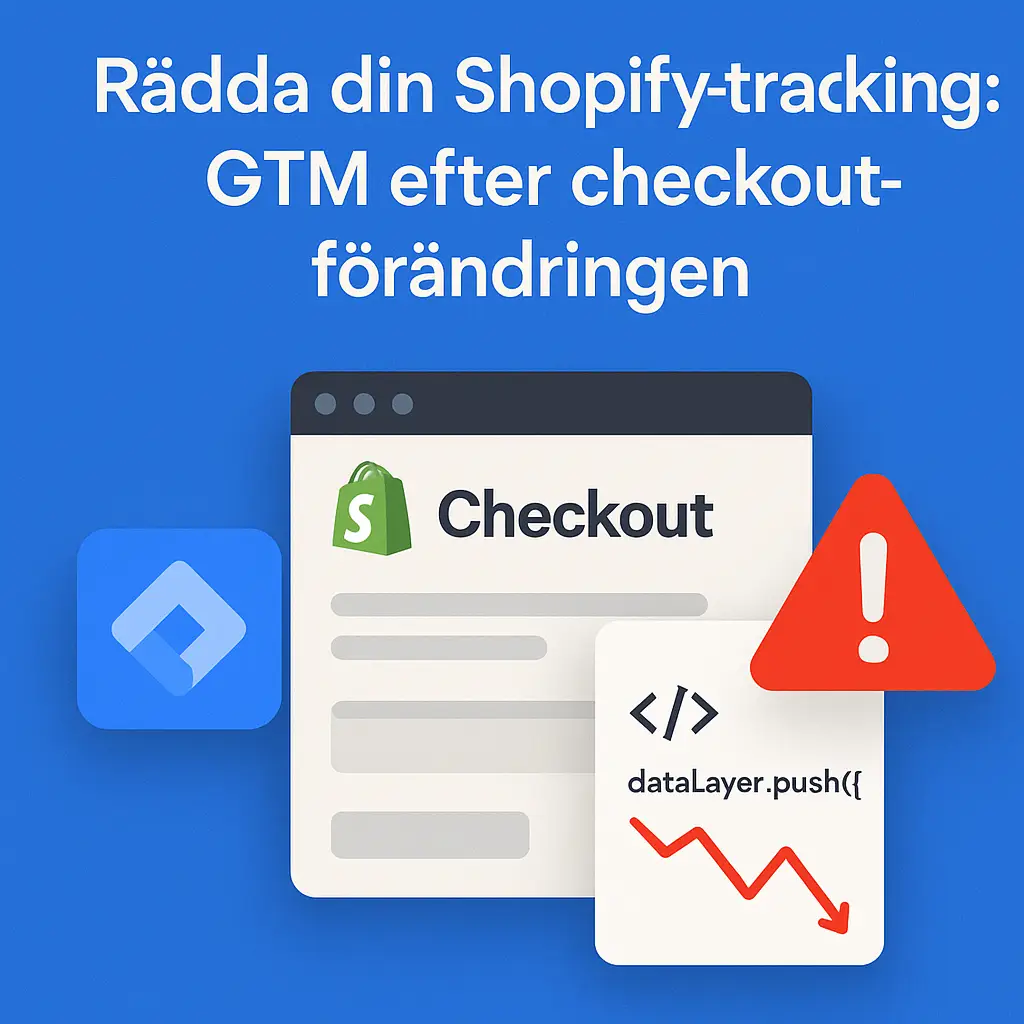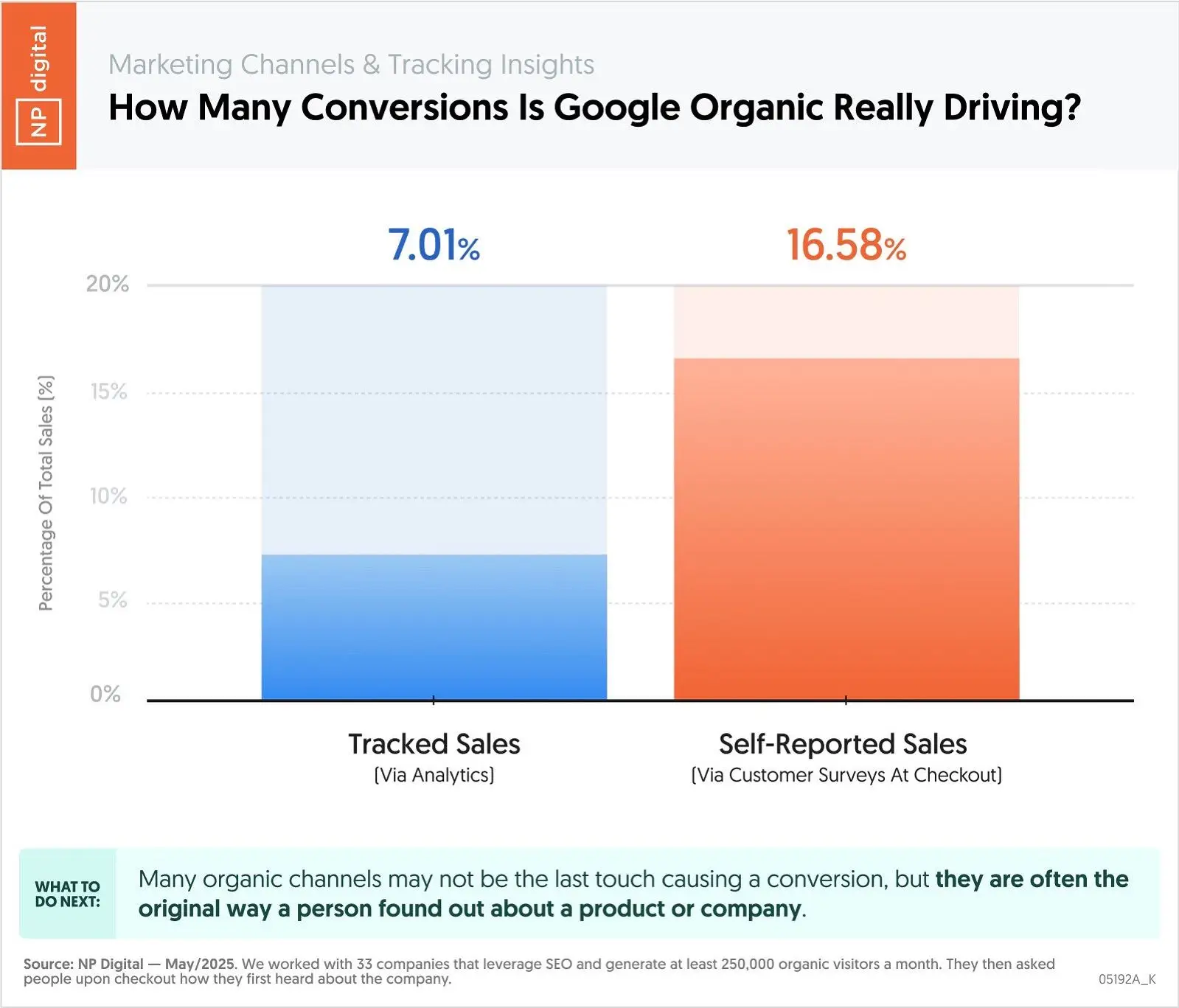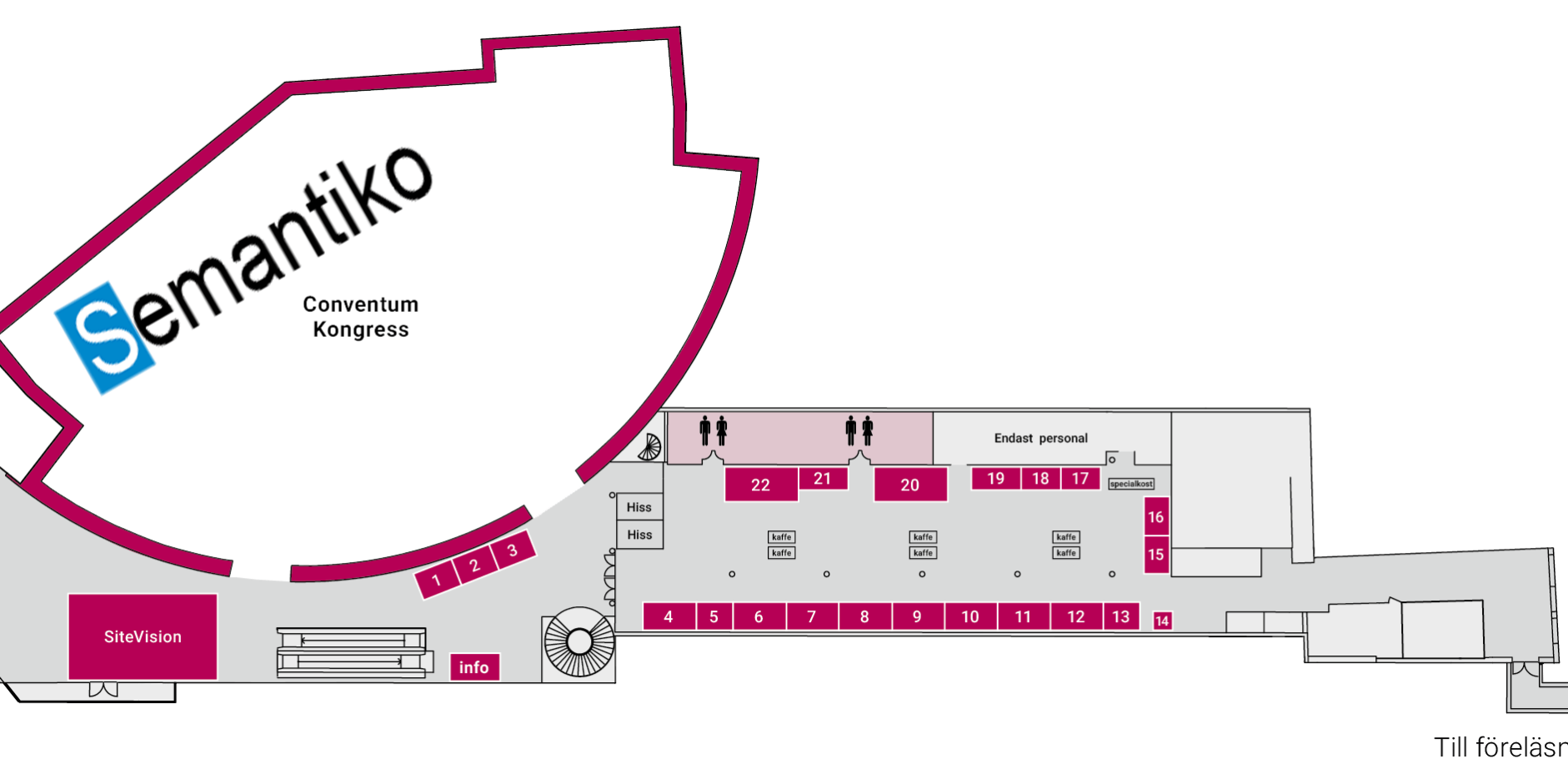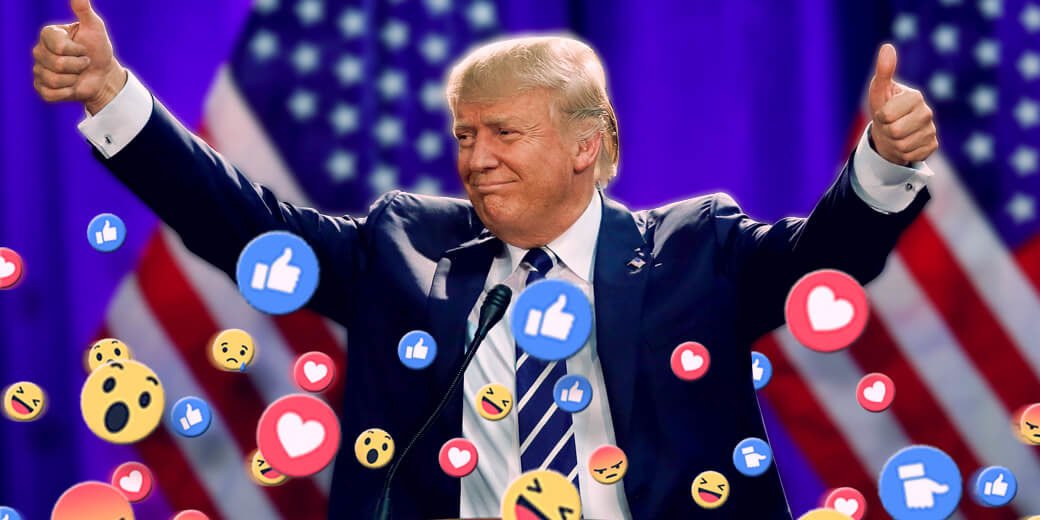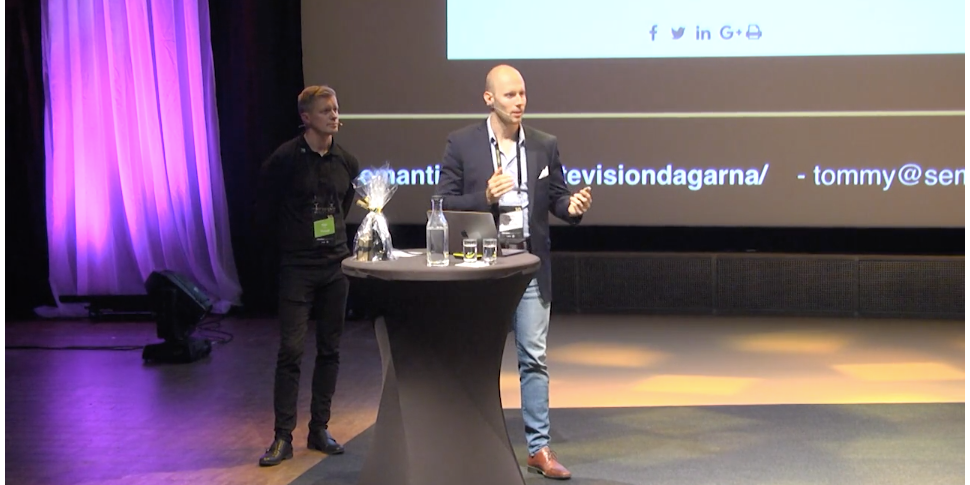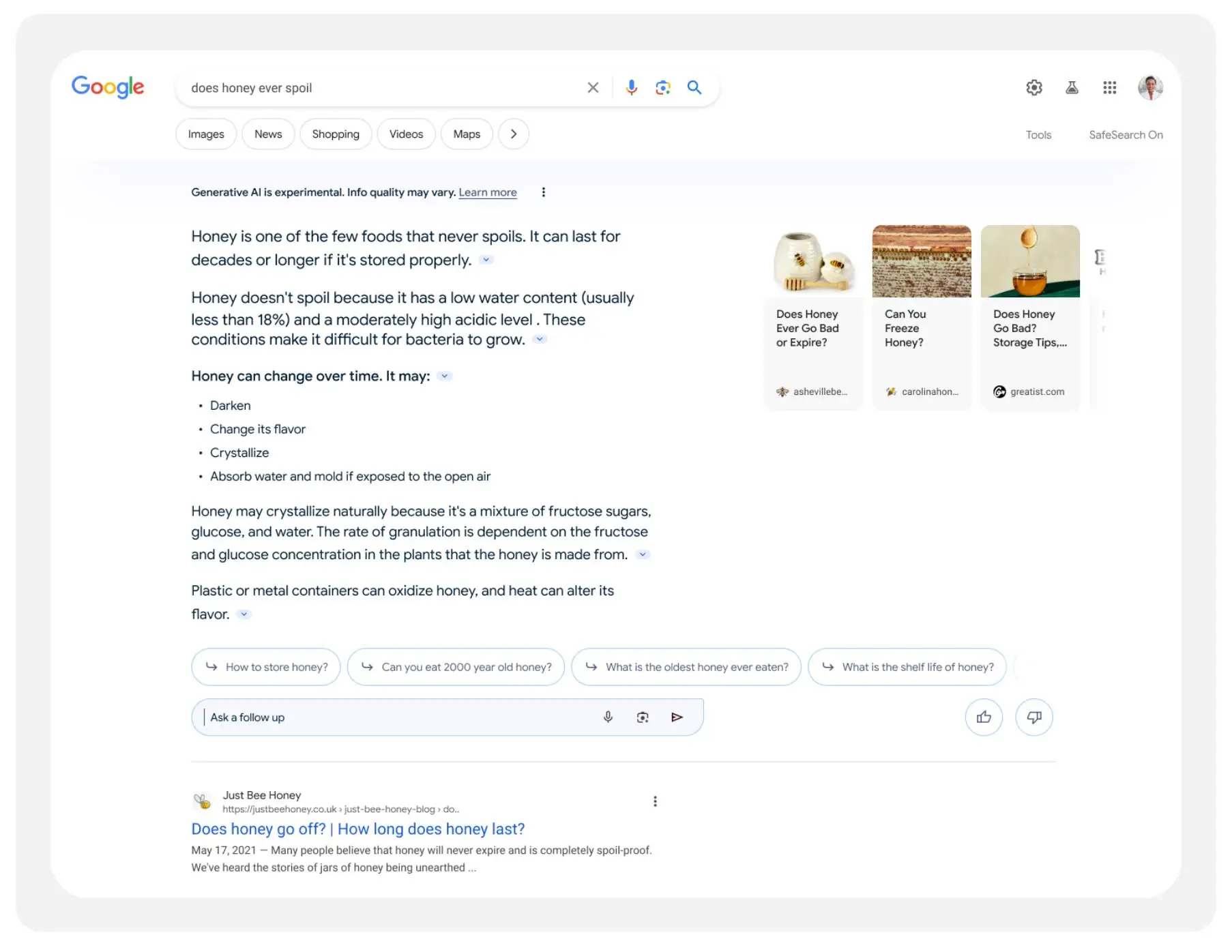Facebook’s new buttons and their real use (and how I would have won the Trump election)
Facebook’s new buttons (reactions) – their actual purpose
Better segmentation of target groups provides more relevant and effective optimization of advertising.
Facebook’s new buttons for showing like, dislike, love, amazement, sadness and anger towards a post is so much more than just expressing an emotion.
Maybe not for the regular Facebook user; you now get a fun new feature that everyone will try and play around with. Soon the time when there was only a like-button will be long forgotten.
But for those who like to advertise on Facebook and really understand the possibilities of the optimization tools that Facebook have to offer, the buttons will open up a lot of new possibilities for optimization.
Optimized advertising on Facebook
We have previously been able to optimize specific ads, such as:
- Baby clothes towards pregnant individuals long before they told their closest friends and family.
- Ads towards 20-25 year old single males who just moved away from home and pass a specific restaurant on their way to work with a “After-work takeout box ”.
We will soon be able to segment Facebook users by even more categories of relevant behaviors, feelings or opinions.
” I know how I would have won the election for Donald Trump.”
Rikard Lindholm, Marketing Scientist & co-founder Semantiko.com
I know how I would have won the election for Mr. Trump. If I personally had been Donald Trump’s Marketing Manager (who is doing a brilliant job) I know exactly how I would have won the election for Donald Trump
The more data Facebook collects about its users, the better the mapping and higher the relevance will become. A higher relevance gives a better segmentation, a higher CTR and lower PPC. Sharpshooting at target groups who do not even know that they are in the line of sight. That is brilliant if you ask me!
We have already started looking at strategies for our customers. Are you curious about how to lower your online advertising costs by aiming for your target audience? Then get in touch with us for help or tips!
Examples of the results of Facebook’s new segmentation capabilities
– Donald Trump’s election campaign –
Get familiarized with the target audience
If we were to use the US election in this context along with Expressen’s article about Donald Trump.
- Like. – I agree with him
- Dislike – I’m not positive towards him
- Haha – I think the presidential election is entertaining
- Wow – I did not know this.
- Sad – I really did not like this.
- Angry – I dislike this strongly!
- Gilla. – Jag håller med han
- Ogilla – Jag är inte positiv till han
- Haha – Jag tycker presidentvalet är underhållande
- Förvånad – Det här trodde jag verkligen inte.
- Ledsen – Det här tyckte jag verkligen inte om.
- Arg – Det här ogillar jag skarpt!
Optimize relevant articles
The potential segmentation of target groups, which some articles like this creates, means that if Donald Trump’s marketing manager is as skilled as he seems, he would be able to optimize the marketing with party propaganda uniquely designed to fit the 6 different reactions and get them to, for example:
- · Convince them specifically, to support him.
- · Fuel the positive opinion with current issues.
- · Try to reverse the negative opinion.
Facebook’s registry for all posted content
Everything posted on Facebook is indexed by keywords, content on pictures, etc. We have previously been able to see if a user is positive to a particular person, question, event, etc. Now we can go even deeper into the user’s preferences.
- · Like. – You think it’s good
- · Dislike – You agree that it is not good.
- · Haha – When something is funny.
- · Wow – I did not realize this. I did not know this.
- · Sad – I really did not enjoy this. It touched me.
- · Angry – I dislike this strongly!

